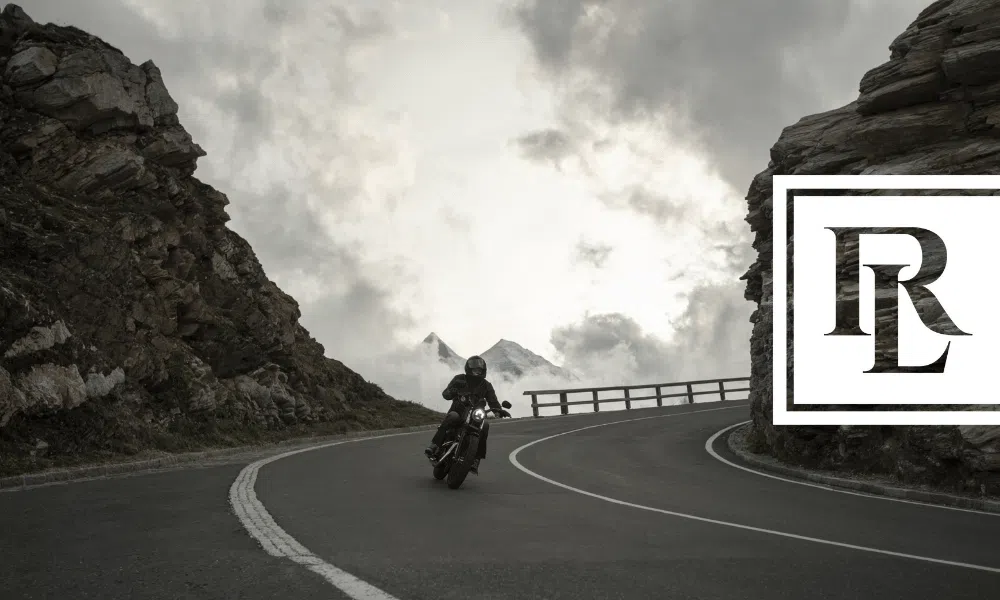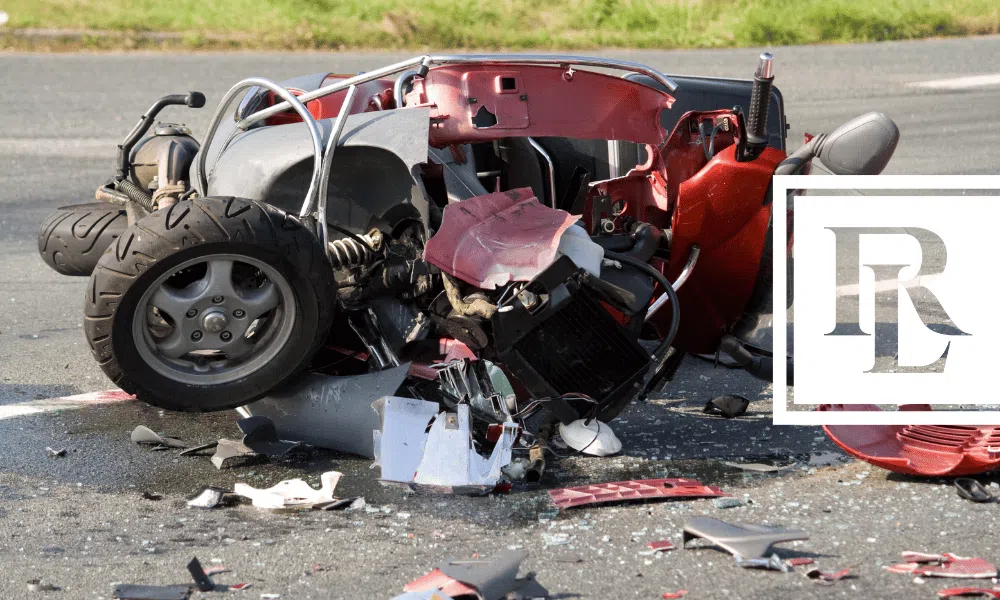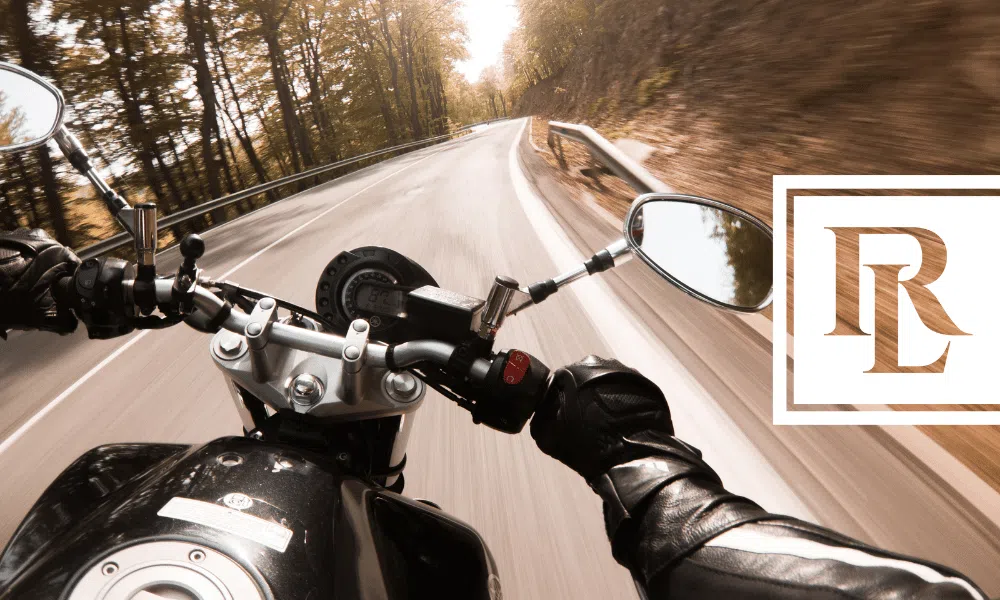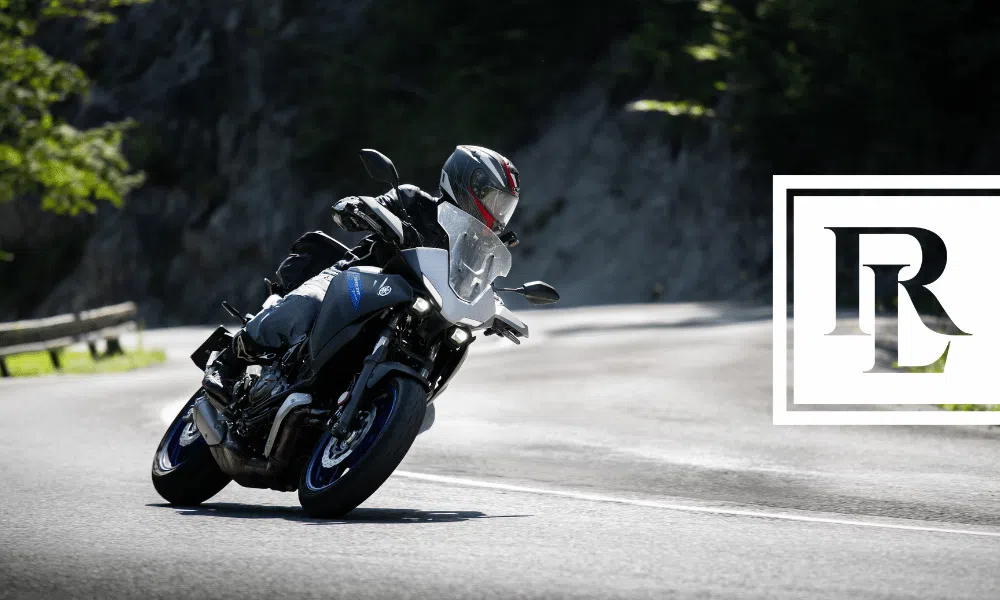Motorcycle laws vary from state to state. It is important to know these laws and abide by them to create a safe driving experience for everyone on the road. One of the most important laws to keep in mind that is the same across all 50 states, informs that driving under the influence of any substance whether it be alcohol or drugs, legal or illegal, is against the law.
Helmets
Some states require every motorcycle rider to wear a helmet while others only require it of certain age groups. A select few states require reflective strips to be included on helmets to increase visibility. Only two states, Iowa and Illinois, do not require helmets.
Rhode Island: Any rider under the age of 21 must wear a helmet.
Massachusetts: All riders must wear a helmet regardless of age.
Connecticut: Any rider under the age of 18 must wear a helmet.
Eye Protection
Eye protection can be in the form of glass, goggles, or a helmet visor.
Rhode Island: All riders must have eye protection.
Massachusetts: All riders must have eye protection unless the motorcycle is equipped with a widescreen.
Connecticut: All riders must have eye protection unless the motorcycle is equipped with a widescreen.
Noise Restrictions
Most states require a muffler and some states ban the use of cut-outs, bypasses, or straight pipes which enhance the noise level of motorcycles.
Rhode Island: Requires the use of a muffler and prohibits the use of cut-outs, bypasses, or straight pipes.
Massachusetts: Requires the use of a muffler but does not expressly ban the use of cut-outs, bypasses, or straight pipes.
Connecticut: Requires the use of a muffler and states that alterations cannot be made to make a motorcycle louder than the manufacturer originally intended.
Daytime Headlights
The use of headlights has been known to increase safety even in daylight hours. As vehicles pass through shaded areas or go through tunnels, headlights make it much easier for motorcycles to be seen.
Rhode Island: No requirements.
Massachusetts: Requires the use of daytime headlights and allows the use of modulating headlights.
Connecticut: Requires the use of daytime headlights on motorcycles made after 1979 and allows the use of modulating headlights.
Lane Splitting
Lane splitting is when a motorcycle rides between vehicles on the road. The only state that specifies allowing lane splitting is California. Everywhere else it is either illegal or not mentioned.
Rhode Island: Illegal
Massachusetts: Illegal
Connecticut: Illegal
There are many more laws when it comes to motorcycle traffic safety. These rules are in place to keep everyone on the road, both cars and motorcycles, as safe as possible. Do your research and make sure to abide by the laws for any state you plan on driving through.
Contact us today if you or a loved one has been injured in a motorcycle accident. As a motorcycle owner and attorney with over 20 years of experience handling motorcycle accident cases, there is no one better to help you with your case than Rob Levine. Contact Rob Levine to get the justice you deserve.





